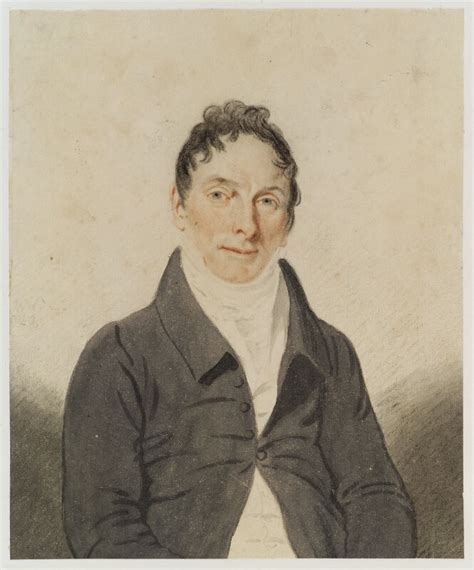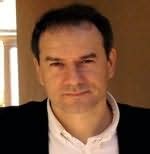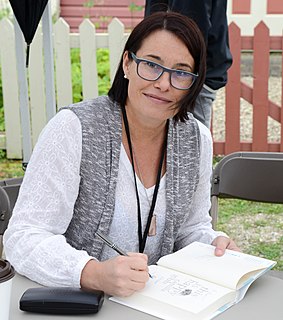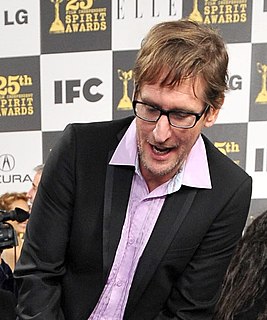A Quote by Samuel Laman Blanchard
When a story has gone the grand circuit, and travels back to us uncontradicted, we may reasonably begin to relax in our belief of it. If nobody questions it, it is manifestly a fiction; if it passes current, it is almost sure to be a counterfeit. The course of truth never yet ran smooth.
Related Quotes
Truth is always stranger than fiction. We craft fiction to match our sense of how things ought to be, but truth cannot be crafted. Truth is, and truth has a way of astonishing us to our knees. Reminding us, that the universe does not exist to fulfill our expectations. Because we are imperfect beings who are self-blinded to the truth of the world’s stunning complexity, we shave reality to paper thin theories and ideologies that we can easily grasp – and we call them truths. But the truth of a sea in all it’s immensity cannot be embodied in one tidewashed pebble.
If one loves stories, then one would naturally love the story of the story. Or the story behind the story, pick your preposition. It does seem to me to be a kind of animal impulse almost, a mammalian curiosity. For a reader to wonder about the autobiography in a fiction may be completely unavoidable and in fact may speak to the success of a particular narrative, though it may also speak to its failure.
Once you step inside, history has to be rewritten to include you. A fiction develops a story that weaves you into the social fabric, giving you roots and a local identity. You are assimilated, and in erasing your differences and making you one of their own, the community can maintain belief in its wholeness and purity. After two or three generations, nobody remembers the story is fiction. It has become fact. And this is how history is made.
Others of us are lost. We're forever seeking. We torture ourselves with philosophies and ache to see the world. We question everything, even our own existence. We ask a lifetime of questions and are never satisfied with the answers because we don't recognize anyone as an authority to give them. We see life and the world as an enormous puzzle that we might never understand, that our questions might go unanswered until the day we die, almost never occurs to us. And when it does, it fills us with dread.
We spent as much money as we could and got as little for it as people could make up their minds to give us. We were always more or less miserable, and most of our acquaintance were in the same condition. There was a gay fiction among us that we were constantly enjoying ourselves, and a skeleton truth that we never did. To the best of my belief, our case was in the last aspect a rather common one.
We are all refugees from our childhoods. And so we turn, among other things, to stories. To write a story, to read a story, is to be a refugee from the state of refugees. Writers and readers seek a solution to the problem that time passes, that those who have gone are gone and those who will go, which is to say every one of us, will go. For there was a moment when anything was possible. And there will be a moment when nothing is possible. But in between we can create.


































